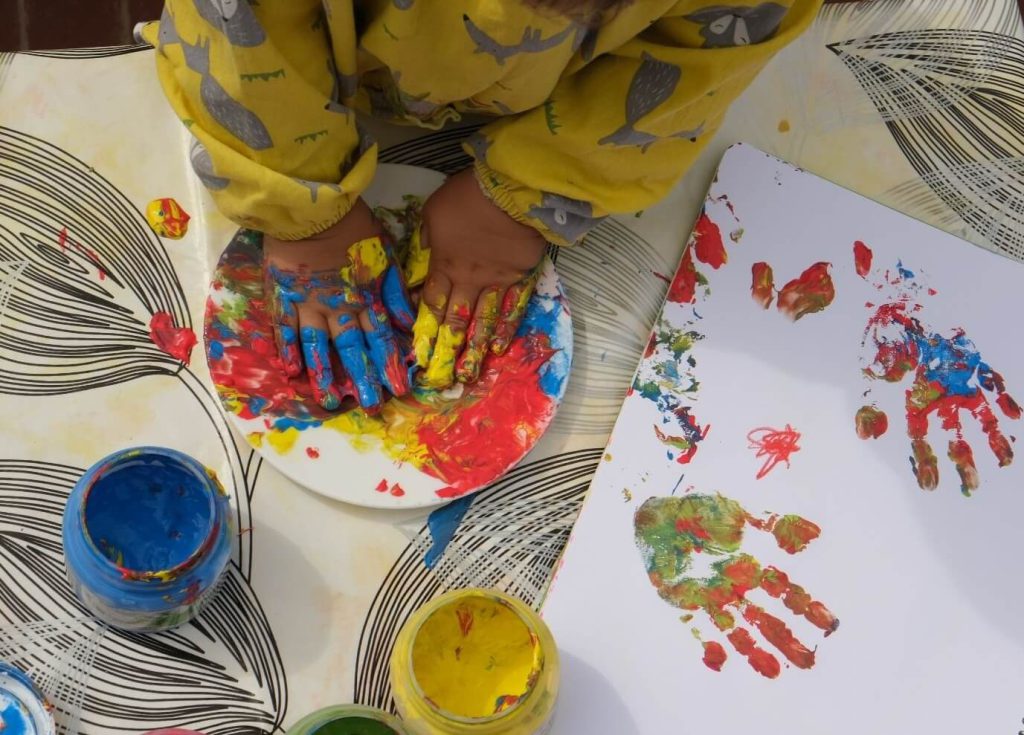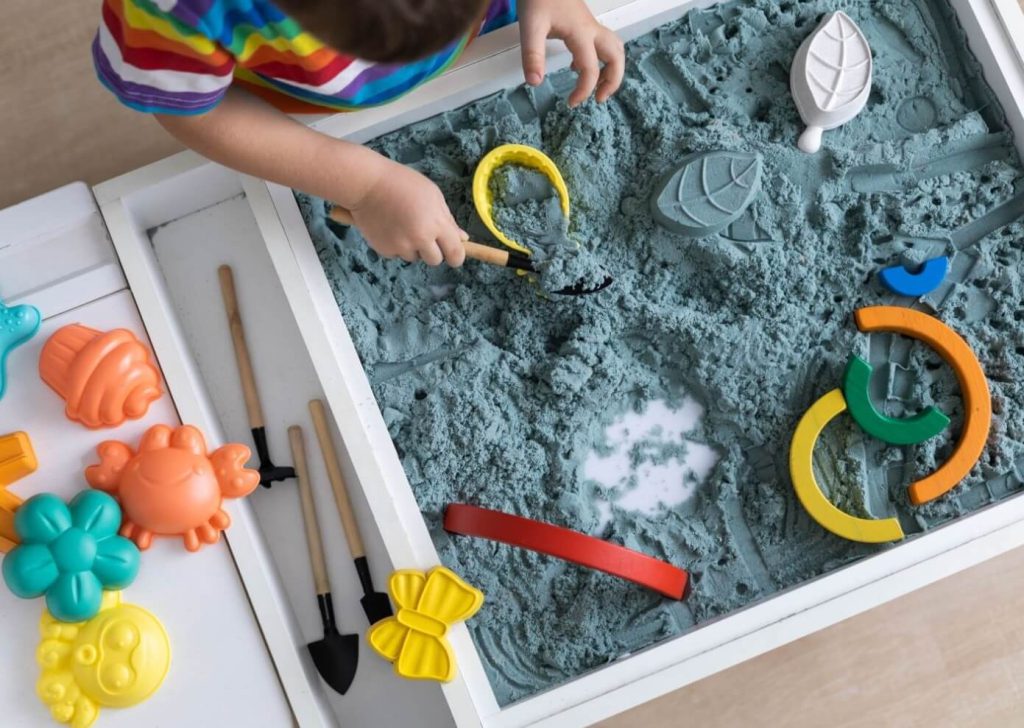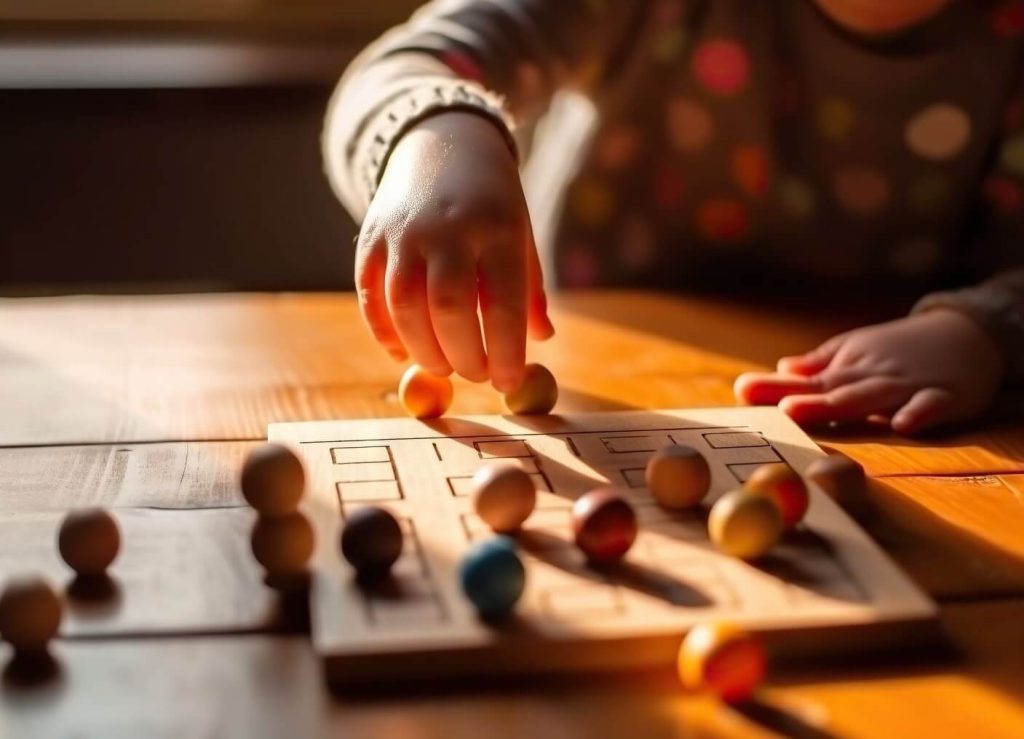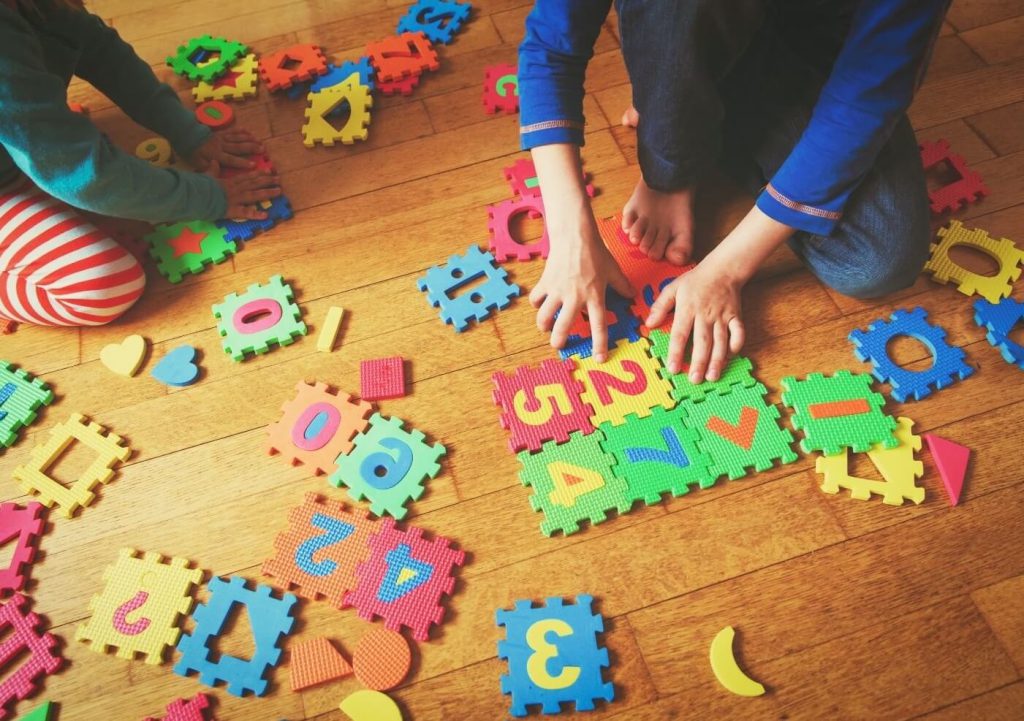
Quick Overview
Early years development focuses on the critical growth period from birth to age five, which shapes a child’s cognitive, social, emotional, and physical skills. The Early Years Foundation Stage (EYFS) framework highlights key learning areas to support this growth. This guide explains development milestones, the role of play, and how parents and educators can support young children effectively.
✅ Early years development covers physical, emotional, social, and cognitive growth from 0-5 years
✅ EYFS outlines seven key learning areas, including communication, physical development, and literacy
✅ Developmental milestones vary by age but provide general guidance on typical skills acquisition
✅ Play is essential for developing creativity, social skills, and motor abilities
✅ Parents and educators contribute by providing nurturing environments and tailored learning activities
The early years of a child’s life lay the foundation for their cognitive, social, emotional, and physical development. During this critical phase, children develop essential skills that shape their future learning abilities, relationships, and overall well-being.
Early Years Development Matters is a framework that guides parents, educators, and caregivers in understanding the key aspects of child development and supporting young children in achieving their full potential. This guide explores the key concepts of early years development, including milestones, learning areas, and strategies to foster holistic growth.
What is Early Years Development and Why Does it Matter?
Understanding Early Childhood Development
Early childhood development (0-5 years) involves physical, emotional, social, and cognitive growth. The first five years are crucial as they shape a child’s brain, personality, and ability to learn.
✔ Birth to Age 2 – Infants begin to explore, recognize sounds, and form attachments.
✔ Ages 2 to 3 – Toddlers develop basic communication skills, mobility, and independence.
✔ Ages 3 to 5 – Preschoolers engage in structured learning, problem-solving, and social interactions.
💡 Fact: Research shows that 90% of a child’s brain develops before the age of five, making early years education vital.
Key Areas of Early Years Development
The Early Years Foundation Stage (EYFS) in the UK outlines seven key areas of learning and development.
Prime Areas of Development
These areas are foundational and support all other learning.
✔ Communication & Language – Developing speaking, listening, and comprehension skills.
✔ Physical Development – Enhancing motor skills, coordination, and movement.
✔ Personal, Social & Emotional Development (PSED) – Learning self-regulation, social interactions, and emotional resilience.
💡 Example: Encouraging a child to ask questions and describe objects boosts language skills.

Specific Areas of Development
These areas build on the prime areas, preparing children for formal education.
✔ Literacy – Learning letters, phonics, reading, and writing.
✔ Mathematics – Developing numeracy, counting, and problem-solving skills.
✔ Understanding the World – Exploring science, technology, geography, and cultures.
✔ Expressive Arts & Design – Encouraging creativity, music, role-play, and artistic expression.
💡 Tip: Hands-on activities like playing with counting blocks strengthen math and fine motor skills.
Milestones in Early Years Development
Every child develops at their own pace, but there are general milestones to look out for.
| Age | Developmental Milestones |
| 0-6 months | Smiling, responding to sounds, rolling over. |
| 6-12 months | Babbling, sitting up, grasping objects. |
| 1-2 years | First words, walking, basic problem-solving. |
| 2-3 years | Forming short sentences, running, playing with peers. |
| 3-5 years | Asking questions, drawing, counting, making friends. |
💡 Fact: By age 4, most children know about 1,500 words and can express thoughts clearly.
The Role of Play in Early Years Development
Play is essential in enhancing cognitive, social, and emotional skills.
Types of Play & Their Benefits
✔ Free Play – Encourages creativity and independence.
✔ Pretend Play (Role-Playing) – Develops social skills and problem-solving abilities.
✔ Outdoor Play – Enhances physical strength and coordination.
✔ Sensory Play (Touch, Sound, Sight Activities) – Stimulates brain development and motor skills.
💡 Example: Playing with building blocks improves spatial awareness, problem-solving, and patience.

Strategies to Support Early Years Development
Encouraging Language & Communication Skills
✔ Talk to children frequently, ask open-ended questions.
✔ Read stories together and encourage role-play conversations.
✔ Use songs and rhymes to improve phonemic awareness.
💡 Tip: Encouraging toddlers to describe what they see boosts language development.
Supporting Physical & Cognitive Growth
✔ Provide age-appropriate toys that enhance thinking skills.
✔ Allow children to explore nature and real-world environments.
✔ Encourage activities like puzzles, drawing, and construction games.
💡 Example: Simple memory games help improve a child’s concentration and problem-solving skills.
Teaching Social & Emotional Skills
✔ Model positive behavior, patience, and empathy.
✔ Encourage group activities to build teamwork and communication.
✔ Help children identify and express their emotions.
💡 Tip: Playing games with rules and turn-taking teaches patience and cooperation.
Common Challenges in Early Years Development
| Challenge | Possible Solutions |
| Speech Delay | Engage in more conversations, read daily, and use sign language. |
| Separation Anxiety | Start with short separations and reassure the child before leaving. |
| Aggressive Behavior | Teach gentle hands and encourage positive reinforcement. |
| Difficulty in Socializing | Organize small playdates and model social interactions. |
💡 Tip: If developmental concerns persist, consider consulting a pediatric specialist or speech therapist.

The Role of Parents, Educators, and Caregivers
How Parents Can Help
✔ Provide a nurturing and stimulating environment.
✔ Encourage curiosity through exploration and play.
✔ Build consistent daily routines for security and structure.
The Educator’s Role
✔ Create engaging learning experiences.
✔ Adapt teaching methods based on individual child needs.
✔ Foster a safe and inclusive classroom environment.
💡 Example: A preschool teacher might use storytelling and interactive play to teach new concepts effectively.
Conclusion
Early Years Development Matters because it forms the foundation for a child’s learning, behavior, and overall well-being. Parents and educators can support children in reaching their full potential by understanding key development areas, milestones, and effective strategies.
Key Takeaways:
✅ Early years learning is critical for lifelong success.
✅ Communication, social, and motor skills develop rapidly between ages 0-5.
✅ Play-based learning enhances cognitive and emotional growth.
✅ Parents and educators play a crucial role in fostering early development.
💡 Supporting early years development ensures a brighter future for every child! 🌟
